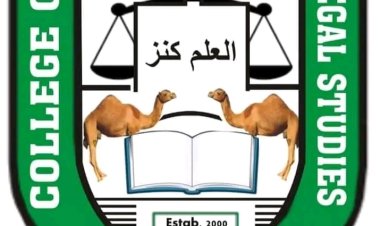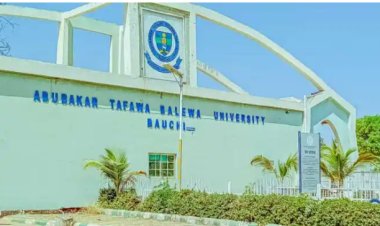ASUU Warns Against Students Loan Scheme, Predicts Perpetual Debt for Beneficiaries
ASUU argued that such a scheme, underpinned by support from international monetary entities like the International Monetary Fund and World Bank, would deplete funding for public institutions and perpetuate financial burdens on students.

The Academic Staff Union of Universities (ASUU) has issued a cautionary statement regarding the proposed Students Loan Scheme, expressing grave concerns over its potential to ensnare beneficiaries in lasting financial indebtedness.

In a recent address following its National Executive Council meeting at the Niger Delta University in Bayelsa State, ASUU underscored the detrimental implications of this scheme, particularly highlighting the risk it poses in trapping students in unrelenting debt cycles.
ASUU's apprehensions stem from a broader critique of the educational sector's governance, including unmet promises by the Bola Tinubu-led administration to address pivotal issues that triggered a nationwide strike from February to October 2022. These unresolved concerns range from unfulfilled commitments such as the payment of Earned Academic Allowance to stagnant negotiations over the 2009 ASUU-FGN agreement, and the persistent challenges posed by the Integrated Personnel Payroll Information System.
In dissecting the proposed Students Loan Scheme, ASUU voiced skepticism, attributing its disapproval to perceived ramifications for public universities. ASUU argued that such a scheme, underpinned by support from international monetary entities like the International Monetary Fund and World Bank, would deplete funding for public institutions and perpetuate financial burdens on students.
RECOMMENDED FOR YOU:JAMB Suspends 10,378 Direct Entry Students' Admission Over Failed Verification
ASUU recommended alternative strategies, advocating for the provision of grants and scholarships to students while advocating for the restoration of a Needs-Based Budgeting System within the university framework. Furthermore, ASUU condemned recent fee hikes in educational institutions and urged for redirected government funds to fortify universities.
Emphasizing the potential of prior commitments, ASUU referenced the Memorandum of Understanding (MoU) 2013, which proposed a N1.3 trillion allocation over six years. The union contended that if honored, such commitments could have significantly bolstered universities' capacity to attract international students and spearhead groundbreaking research initiatives.
ASUU called upon the government to reassess and prioritize the educational sector's needs promptly. The union underscored the imperative for sustained government intervention to uplift the quality of education across Nigeria, echoing broader sentiments within the academic community regarding the sector's urgent demands and long-term sustainability concerns.





